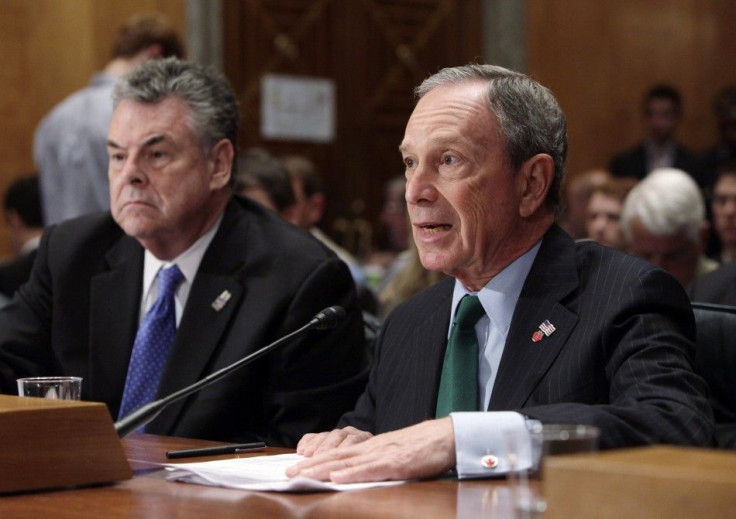Radical Islam Spreading in U.S. Prisons, Lawmaker Says

In the second of a sequence of hearings, U.S. lawmakers were told that U.S. prisons are becoming a hotbed for indoctrinating inmates and turning them into radical Muslims, AFP reported.
Despite appearances, prison walls are porous. Outside influences access those on the inside, and inmates reach from the inside out, Patrick Dunleavy, a retired New York prison inspector, told U.S. lawmakers. Individuals and groups that subscribe to radical Islamic ideology have made sustained efforts to target inmates for indoctrination.
Led by New York Republican Peter King, the latest House Homeland Security Committee hearing examines Islamic radicalization in prisons. California and New York lawmakers were slated to testify Wednesday. And for King, the purpose of the hearings is clear: It's to show and remind people that the threat is here.
King's first session in March on Muslim radicalization in the United States drew accusations of a religious witch hunt - Wednesday's hearing didn't draw the same level of attention and outcry.
Dozens of ex-cons who became radicalized Muslims inside U.S. prisons have gone to Yemen to join an al-Qaeda group run by a fellow American, Anwar al-Awlaqi, King told the committee. Awlaqi's terrorists have attacked the U.S. Homeland several times since 2008 and are generally acknowledge to be al-Qaeda's most dangerous affiliate.
The majority of the recent terror plots against the U.S. have involved people claiming a radical and violent view of Islam, making it difficult to ignore the role religion plays in this particular threat, AFP said. But critics say focusing too closely on Islam threatens to alienate an entire community.
The ranking Democrat on the committee, Mississippi Rep. Bennie Thompson, said that from what he's seen, the risk of terrorism origination from Muslim converts to U.S. prisons is small.
The U.S. prison system has not become a hotbed for radicalization and terrorist activity - nor is it likely to become one, Thompson said, saying we should instead examine the threat of homegrown terrorist cells and loners who often fly under the radar without any formal affiliation to extremist groups.
In his prepared opening remarks for the hearing, King cited five examples since 2002 as well as a 2010 report by staff members in the Senate Foreign Relations committee that dozens of ex-convicts who were radicalized in U.S. prisons have traveled to Yemen, possibly for terror training, the AP reported.
The White House, which pushed a religious tolerance message ahead of King's first hearing, had no comment.
© Copyright IBTimes 2025. All rights reserved.





















